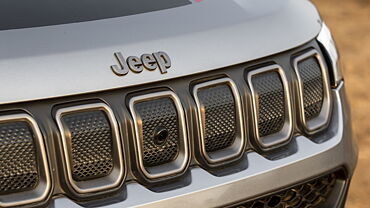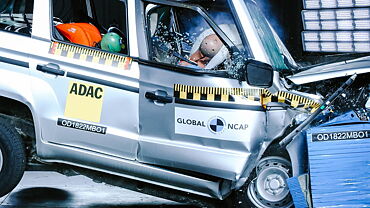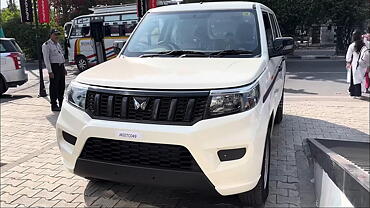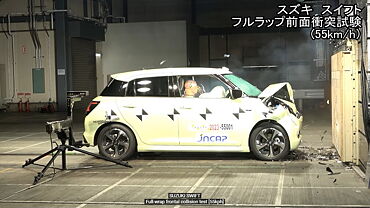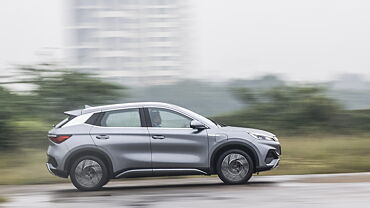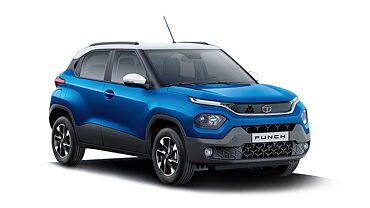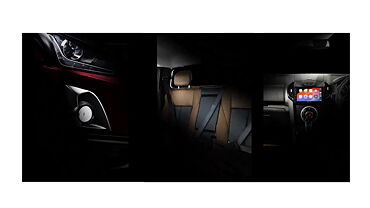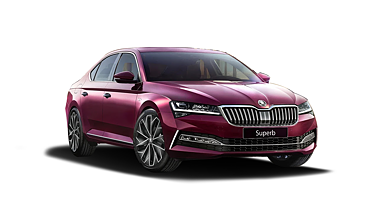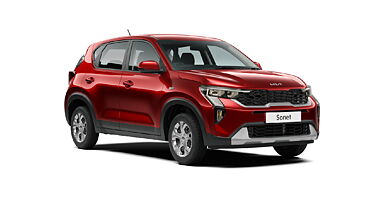India is surging ahead of most international car markets when it comes to sales, potential and demand but it is far behind as far as safety is concerned. However, the authorities, in sync with the government, are trying to change this scenario and have been studying how to adapt the crash testing method to Indian conditions. The government is hoping to introduce a new program called Bharat New Vehicle Safety Assessment Programme (BNVSAP), which is likely to be based on the much-acclaimed international model New Car Assessment Programme (or NCAP),
Not rushing things, the government is going to facilitate the implementation in phases. The first phase, called “Phase 0”, is expected to commence in March 2015 at the facilities of Automotive Research Authority of India (ARAI), Global Automotive Research Centre and International Centre for Automotive Technology. The vehicles are going to be rated on their performance in child safety, pedestrian protection, frontal offset and side impact tests.
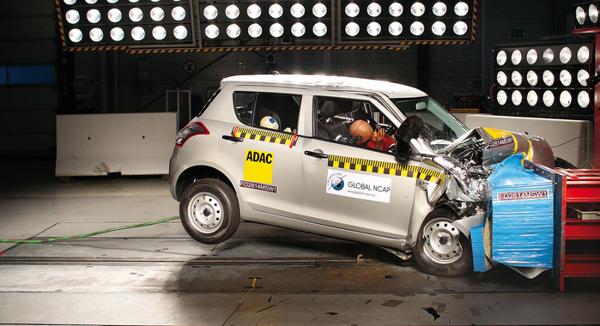
October, 2016, is going to mark the beginning of the Phase 1, which will allow manufacturers to choose what models should be assessed in this test. Though set to be a voluntary phase initially, the testing will become mandatory by October 2017. Car makers, then, can also send new and existing cars for testing. To make matters more secure, the tests in Phase 1 are going to be carried according to United Nation’s Vehicle Safety Regulations.
The government aims to enter Phase 2 by October 2020, in which the same offset test will be taken up a notch and carried out at a speed of 64 kmph, making it in tandem with NCAP’s methodology. Tests for rear impact, full frontal impact and whiplash are also expected to be introduced in Phase 2. The final phase is going to evolve from the data that will be accumulated in the first three phases.
Currently, India lacks the required facilities for carrying out crash tests and cars that were tested by NCAP in 2014 were shipped to a unit in Germany. Experts feel that the advent of this testing method is fantastic news for car buyers, who current do not have any measurable quantum to fathom the safety level of their vehicles. The information and conclusions that come out of these tests are pretty fool proof and simple to understand. This initiative is also likely to force car makers to produce safer cars, which will reduce the number of deaths caused by accidents every year. The NCAP testing method has been pretty successful in South American countries and there is absolutely no reason why the same cannot happen in India.
Source: ACP



